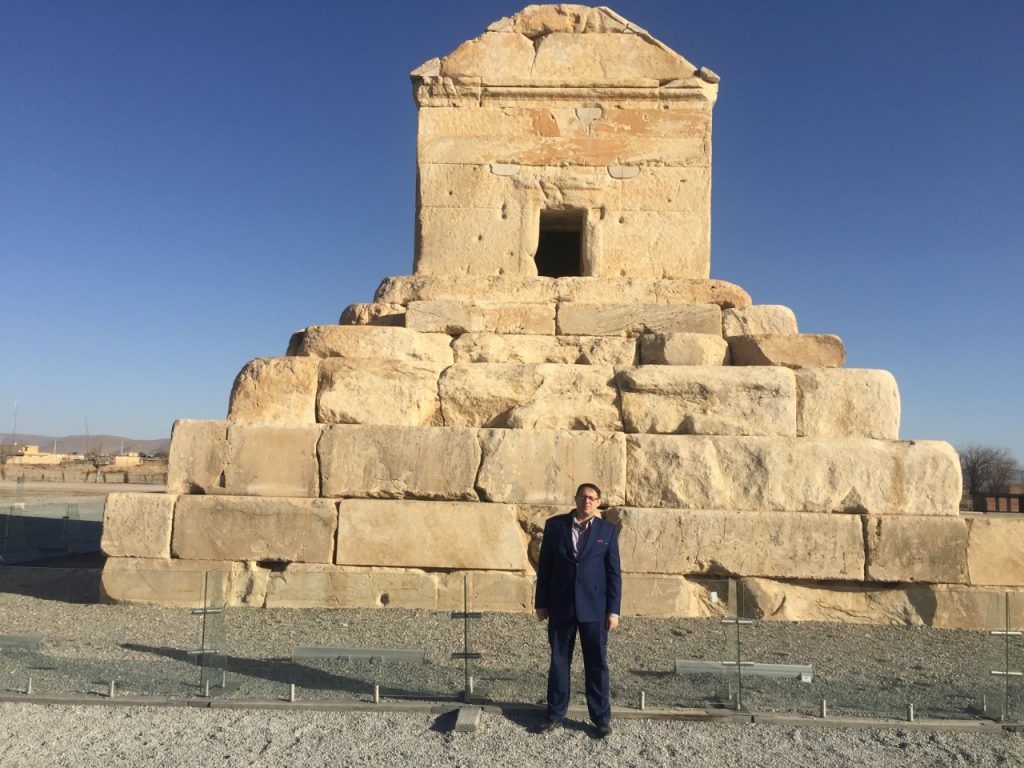Russian Science Foundation-funded pioneering research to elucidate the legal system of the Achaemenid Empire

The project is helmed by the Chair of the Department of Archeology and World History Eduard Rung.
“Our study is interdisciplinary in nature because it tackles the history of legislation of one of the largest Ancient Eastern empires,” comments Rung. “The East gives us wonderful examples of legal codes, the most famous of which is the Code of Hammurabi dating back to 18th century BCE. However, Ancient Persia didn’t have a unified code. Why this was the case – that’s what we are going to study in our project.”
The Achaemenid Empire (6th – 4th centuries BCE) included many peoples and territories from the Mediterranean Sea in the west to the Indus River valley in the east, from the Black Sea in the north to the Indian Ocean in the south.
The grantee continues, “The Achaemenid Empire was the first global power of Antiquity – unrivalled in the Middle East. It emerged through the conquests of Cyrus the Great and Cambyses II and formed as a polity during the reigns of Darius I and Xerxes in the first decades of the 5th century BCE and ceased to exist during Alexander the Great’s winning march in 330 BCE. The unique experience of the Achaemenid Empire is that it absorbed many achievements of the peoples which comprised it, such as Greeks, Babylonians, Egyptians, and Indians.”
This also reflected in the empire’s legal system – of which there is basically no reliable information as of now. The scientists are going to find out how such a system emerged and functioned.
Interestingly, the idea to pitch the project for a grant came up when the employees discussed a course work topic for Alina Isakova, then a freshwoman at the Institute of International Relations. She is currently a full member of the research team, which also includes Assistant Lecturer Vasily Orlov and Research Associate of the Institute of Eastern Studies (Russian Academy of Sciences) Yekaterina Berzon.
“This is a rare case, at least for historical science, when a student research topic can really grow to become a full-scale scientific project with timely pertinence and significance and of high interest for the professional community,” says Rung.
For the first time in historiography, the results of this research will give insight into the characteristics of the legal system of the Achaemenid Empire as a unified political entity for many peoples with differing legal traditions. Theoretical takeaways will be useful for a deeper understanding of continuous legal traditions in time and space.

